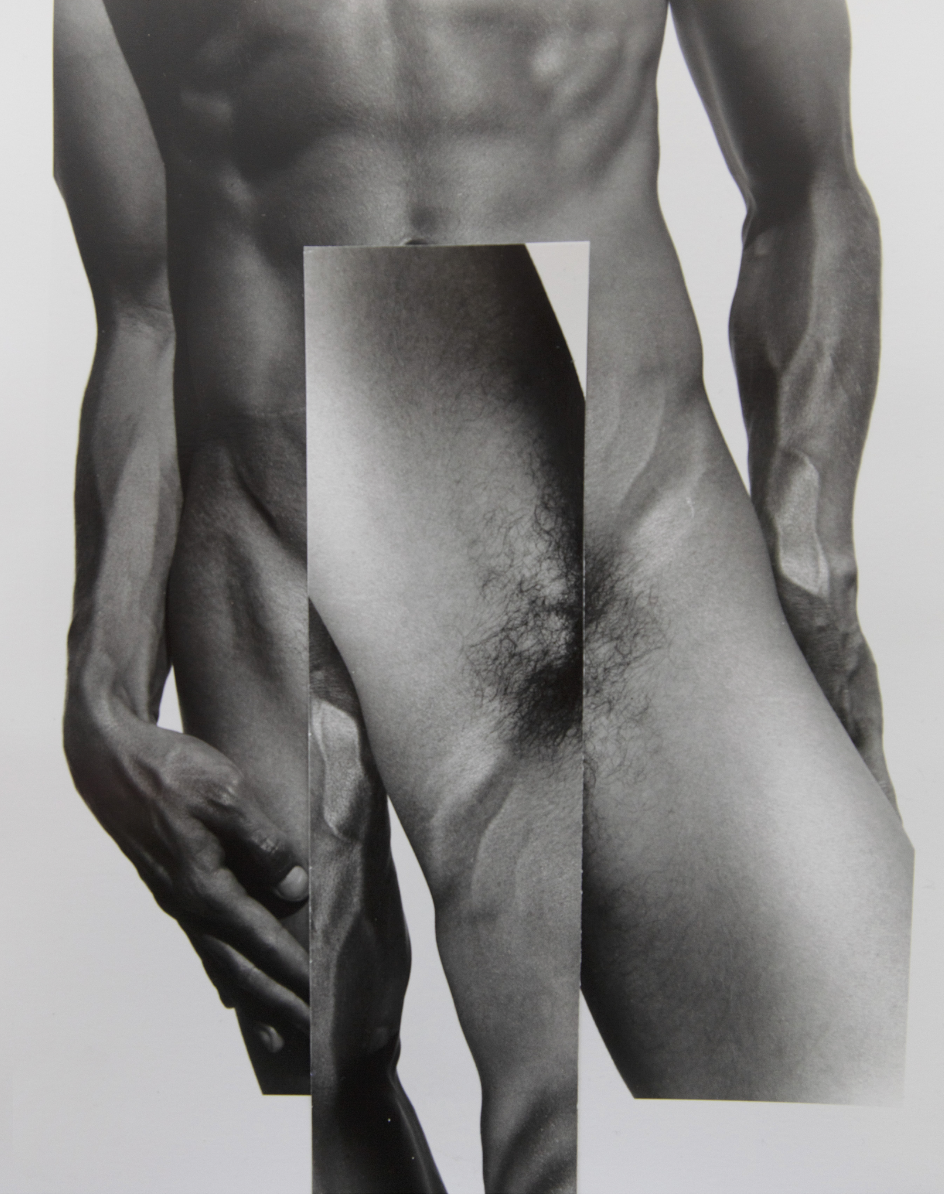Fragments of Desire
A Narrative Rupture Revealing the Lack of a Historical Ontology of Homophobia.
Photo. Gerardo Vizmanos
Draft Text
September 2025
Text. Gerardo Vizmanos
Our inner life is neither linear nor logical. It unfolds as a succession of impulses, interruptions and insistences like a composition of fragments. Unlike a coherent narrative that follows cause and effect, experience resembles a collage with scattered moments, sudden thoughts or gestures that resist order. To think in terms of “fragmentation” is to question the assumption that the past accumulates progressively in a single shot sequence. Reality is constructed in real time, moment by moment. Even the stigmas and classifications we endure are not inherited inevitabilities but living tensions produced in the present.
We can make the awareness of this idea tangible through art. By combining images and sounds without synchrony, a fracture may become audible and visible, opening a space where desire and freedom appear outside conventional logic.
Consider, for example, the unlikely encounter between Gregory Markopoulos’s film "Christmas" (1949) and Luigi Nono’s "Fragmente – Stille, an Diotima" (1979–80). If we play them together there is an evident lack of synchronization, but this juxtaposition produces a temporal fragmentation. Nono’s silences interrupt the film’s linear rhythm and magnify gestures that would otherwise remain transitional. Played together, the narrative dissolves and the images become pure present, constructed before our eyes. Desire appears not as something to be explained or justified, but as a presence inhabiting the pauses. Nono´s music articulates tension not through conventional melodic development, but through insistence and silence.
Christmas keeps the frame of a family ritual (the visit, the codes of domesticity), yet the music imposes a different temporality. The moments of silence intensify visual details, turning subtle gestures into declarations. By losing linear narrative, Markopoulos’s images register as immediate events and become a visual construction that unfolds in real time.
Christmas. Gregory Markopoulos 1949 with the music "Fragmente – Stille, an Diotima" Luigi Nono 1980.
Jean Genet’s Un chant d’amour (1950), later given a soundtrack by Simon Fisher Turner in 2003, stages desire through fragments as well. The soundtrack does not restore linearity but intensifies the atmosphere, allowing the erotic to breathe in discontinuous time. In Genet's "Un chant d'amour," desire is articulated through fragmented gestures. The smoke that passes through the hole in the wall, the gazes, the seduction rituals that do not follow traditional narrative logic but rather a logic of impulse and interruption. Fisher's music moves away from traditional narration, opting for a sensorial atmosphere that complements the visual and symbolic nature of the film.
Un Chant d'amour. Jean Genet 1950. Music by Simon Fisher Turner 2003
In "100 days Before the Command" by Hussein Erkenov desire emerges in brief moments of contact and bodily proximity. This film offers us a reality of bodies in which desire also manifests in fragmentary moments and in gestures that resist narrative explanation, although for Western audiences there may be situations like communal showers with erotic elements that might be foreign to the context of the film itself. From a gay and homoerotic perspective, fragmentation presents here as a way of approaching bodies as desiring subjects that seek freedom today and suggests treating bodily experience and desire as operating in the present, not as a linear narrative.
100 Days Before the Command. Hussein Erkenov 1990.)
These works speak in very different codes. American bourgeois domesticity and family codes in Markopoulos's; carceral institutionalization and codes of confinement in Genet's and Soviet military discipline and military codes in Erkenov's. Three representations of desire that distance themselves from the intellectualist idealism that, between the late 19th and early 20th centuries, allowed many artists to express their drives under the protection of the academic, thus escaping the morality of the moment that would have condemned them. Against this model Markopoulos, Genet or Erkenov (as other authors like Cocteau, certain symbolists or even in some Soviet or German avant-gardes) break with that strategy. Their desires do not camouflage itself in oneiric keys or erudite references, but presents itself as vital, immediate, embodied impulse.
This clear rupture in the way of expressing desire in turn questions the historical ontology of homophobia. That idea, still so present, that it is an inevitable inheritance, almost natural, that we drag as a weight from the past. Homophobia is often presented culturally as something "always existing," an anthropological constant that justifies discrimination as "natural" or "traditional" with a linear and permanent historicity, which is not true. With the fragmentary character that this compositions of films and sound present, non-linear of subjective experiences, they help to subvert this falsehood and any attempt to insert the rejection of desire into a closed historical narrative, highlighting that it is something that manifests in the present, now. The fragmentary aesthetic experience shows how both desire and its rejection can exist as present forces, actualized at every instant rather than treated as historical questions.
To project these films alongside such music is to enact an aesthetic that refuses accumulation. Reality is not a chain of inevitabilities but an open field, constructed in real time. Desire does not survive as a memory or allegory of what was forbidden, it insists as present freedom. We are not passive heirs of a past; we are actors of a present that remains unfinished.
Photo. Gerardo Vizmanos
Keywords:
Experimental Film
Fragmentation
Desire
Homophobia
Sexuality
Music





